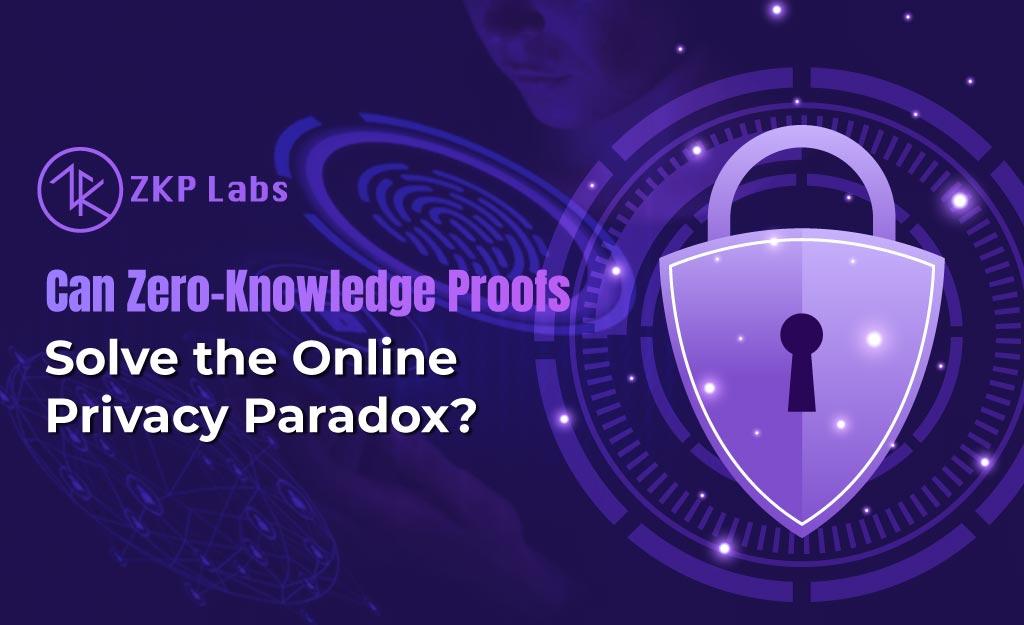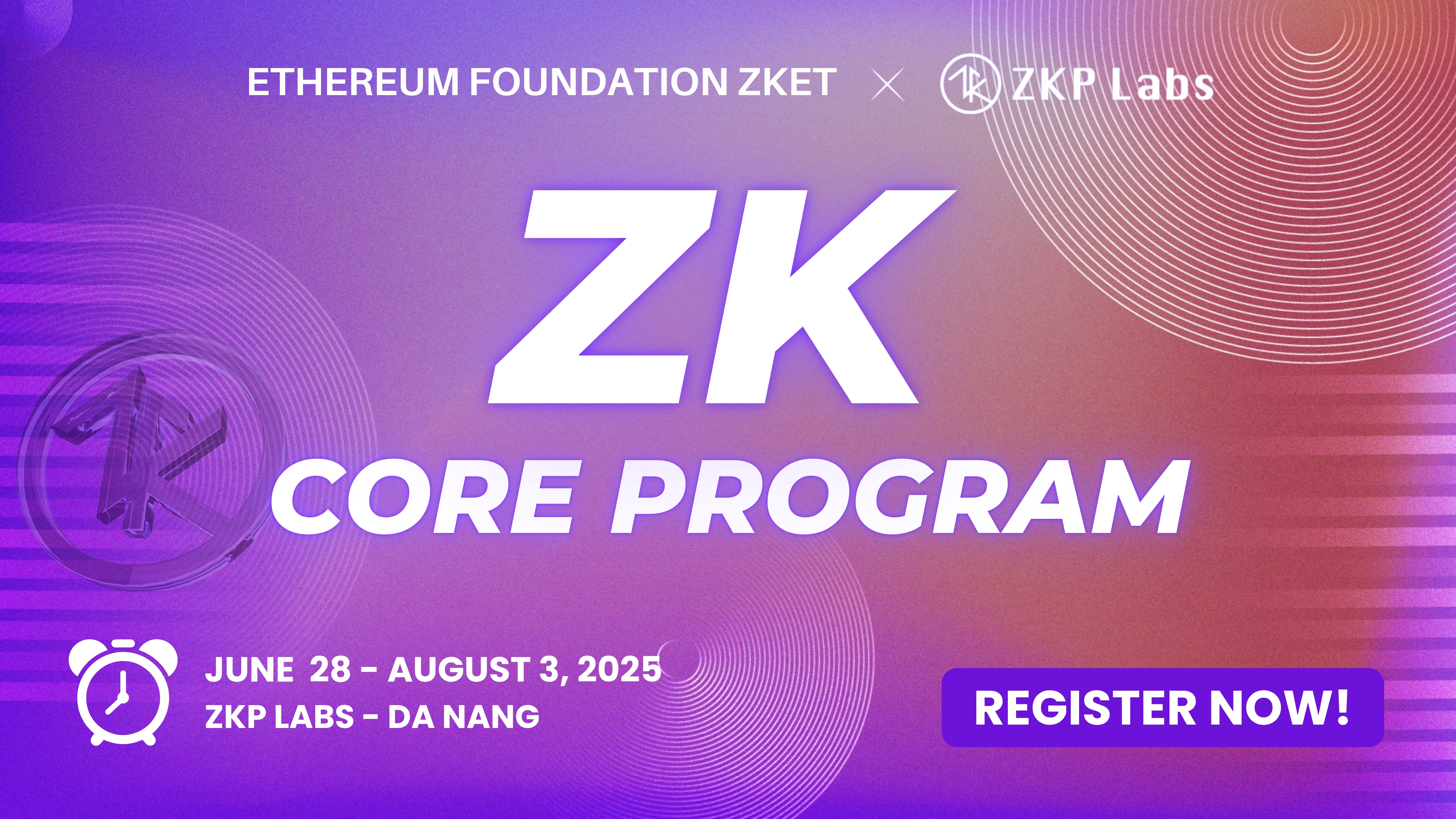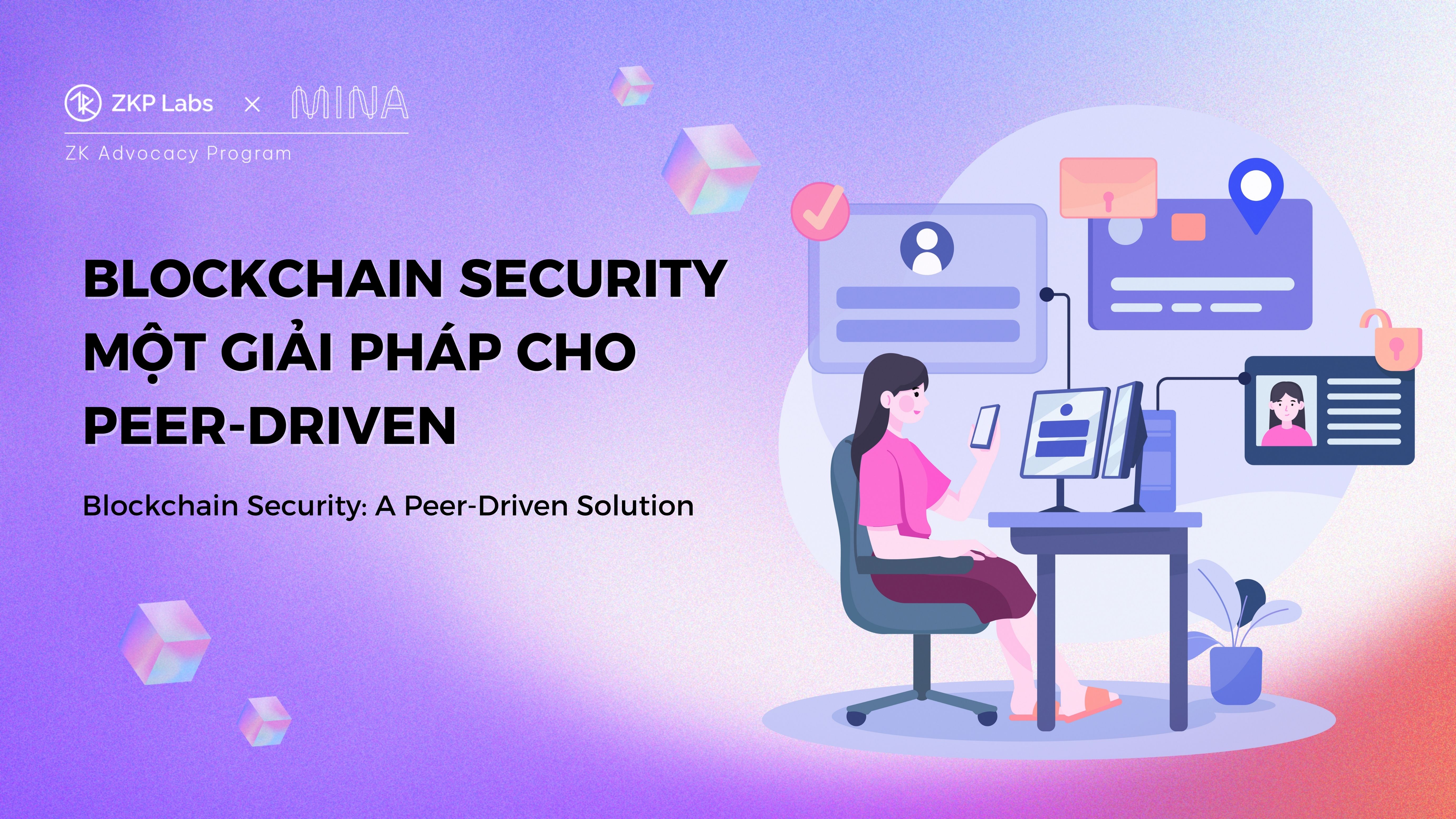Can Zero-Knowledge Proofs Solve the Online Privacy Paradox?
Table of Contents

In today's digital age, the paradox of discrepancy between individuals' expressed concerns about privacy and their actual behaviors online presents a perplexing challenge. While users express concerns about their privacy and security online, their actual behaviors often reveal a willingness to trade personal information for convenience. However, emerging cryptographic techniques, such as Zero-Knowledge Proofs (ZKPs), hold the potential to address this paradox and provide a solution that reconciles privacy concerns with the benefits of online interactions. This article explores the role of ZKPs in tackling the online privacy paradox and examines their potential to safeguard users' personal information.
I. The Online Privacy Paradox
The privacy paradox refers to the discrepancy between individuals' expressed concerns about privacy and their actual behaviors online. Despite expressing apprehension about their personal information being shared or misused, users often willingly provide personal data to access online services or enjoy conveniences. This paradox arises due to a combination of factors, including a lack of awareness, perceived benefits of sharing data, and a trust deficit in the digital ecosystem.
II. What are Zero-Knowledge Proofs?
Zero-Knowledge Proofs are a type of proof that allows one party to demonstrate to another party the correctness of a statement or information without revealing the information itself. The term "Zero-Knowledge" refers to the fact that the verifier does not learn anything about the information being proven other than the fact that it is authentic. The term "proof" refers to the demonstration of the authenticity of the information. In ZKPs, the prover and verifier engage in a series of interactions that allow the prover to prove to the verifier the truth of a statement without revealing the statement itself. The key to these interactions is that the verifier is able to confirm the correctness of the statement without learning the contents of the statement.
III. How do Zero-Knowledge Proofs work?
Zero-Knowledge Proofs (ZKPs) are a cryptographic concept that enables one party, known as the prover, to demonstrate knowledge of certain information to another party, known as the verifier, without revealing the underlying information itself. The concept of ZKPs was first introduced in a 1985 paper by Shafi Goldwasser and Silvio Micali, titled "The Knowledge Complexity of Interactive Proof-Systems."
In ZKP protocols, the verifier challenges the prover with a series of actions that can only be successfully completed if the prover possesses the necessary knowledge. If the prover merely guesses or lacks the required knowledge, they will eventually fail the verifier's tests with a high degree of probability.
ZKPs can be categorized as either interactive or non-interactive. In an interactive ZKP, the prover must engage with each individual verifier separately to convince them of the truthfulness of a statement. Conversely, in a non-interactive ZKP, the prover can generate a proof that can be verified by anyone using the same proof, without the need for direct interaction.
There are three key characteristics that define a ZKP:
- Completeness: If a statement is true, an honest prover can convince an honest verifier that they possess the knowledge of the correct input.
- Soundness: If a statement is false, no dishonest prover can convincingly persuade an honest verifier that they possess the knowledge of the correct input.
- Zero-knowledge: If the statement is true, the verifier gains no additional information about the underlying information from the prover, other than the fact that the statement is true.
IV. Can Zero-Knowledge Proofs Solve the Online Privacy Paradox?
Revolutionizing Online Privacy and Personal Safety
Zero-Knowledge Proofs (ZKPs) represent a cryptographic breakthrough that offers a compelling solution to the challenges presented by the online privacy paradox. By leveraging advanced cryptographic methods, ZKPs enable authentication and verification without disclosing any sensitive user information, thereby significantly enhancing privacy and personal safety in the digital realm. The existing issues surrounding credential schemes, which have long plagued the identity community, can find resolution through the implementation of ZKPs. Notably, ZKPs have emerged as one of the most promising and transformative solutions to address these concerns, surpassing previous initiatives such as Microsoft's U-Prove developments in the late 2000s.
Addressing Linkability: Strengthening Privacy in Credential Schemes
According to Forbes, among the critical problems that ZKPs can effectively solve is the issue of "linkability" inherent in many existing credential schemes. Linkability refers to the capability of an attacker to connect multiple transactions or activities to a single user, thereby compromising their privacy. This concern becomes particularly pronounced when financial transactions or other sensitive activities are involved. By harnessing ZKPs, privacy in identity systems can be fortified, enabling private transactions and ensuring that sensitive information remains confidential and shielded from prying eyes.
Enhancing Privacy in Online Marketplaces with Zero-Knowledge Proofs
Furthermore, ZKPs offer immense potential in online marketplaces by facilitating private transactions and safeguarding sensitive information. For instance, in the context of financial transactions, ZKPs can be leveraged to verify that a user possesses sufficient funds to complete a purchase, without disclosing their precise account balance or other sensitive financial details. This level of privacy protection instills confidence in users and fosters trust in online marketplaces, empowering individuals to engage in transactions without compromising their privacy or personal safety.
Versatility Beyond Identity: Zero-Knowledge Proofs in Healthcare, Finance, and Data Sharing
The versatility and power of ZKPs extend beyond identity systems and online marketplaces. They can be deployed in various domains where privacy is paramount, such as healthcare, decentralized finance, and secure data sharing. By employing ZKPs, healthcare providers can authenticate patient data without revealing confidential medical information, ensuring the privacy and integrity of sensitive personal records. In decentralized finance, ZKPs can enable secure and private transactions, shielding financial details from unauthorized access and preserving the anonymity of participants. Additionally, ZKPs can facilitate secure and privacy-preserving data sharing, allowing organizations to collaborate while protecting the confidentiality of their sensitive information.
VI.Conclusion
In conclusion, Zero-Knowledge Proofs hold the potential to resolve the online privacy paradox by enabling individuals to retain control over their personal information while enjoying the benefits of online interactions. By leveraging ZKPs, users can authenticate data and prove their identity without compromising their privacy. As awareness and adoption of ZKPs grow, individuals will have the opportunity to reclaim their digital privacy while navigating the evolving online landscape. Embracing ZKPs as a privacy-enhancing tool can foster a future where privacy concerns and online conveniences coexist harmoniously, paving the way for a more secure and trusted digital ecosystem.
About ZKP Labs
ZKP Labs is a non-profit organization that focuses on building a vibrant and supportive community in Southeast Asia dedicated to the advancement of Zero-Knowledge Proof (ZKP) technology. Through events, workshops, and training programs, we strive to create an environment that fosters collaboration, knowledge-sharing, and growth, empowering community members to contribute to the development and adoption of ZKP.
Categories
Event Recap
5
Zero Knowledge Proofs 101
32
Top Posts
1
How to start learning ZKPs as a beginner?
02 March 2023
2
Announcing the ZKP Advocacy Program Powered by Mina Foundation: Your Path to Zero-Knowledge Mastery
24 October 2024
3
What Jobs Can You Do About ZKPs?
15 March 2023
4
A Beginner's Guide to Understanding the Different Types of Zero-Knowledge Proofs
24 February 2023
5
Cơ chế và tác động của hành động làm giá trong thị trường tiền điện tử
21 December 2023
6
Khi Nào Zero-Knowledge Proofs Có Ích?
17 March 2025
7
Phân tích lỗ hổng lớn trong mạng zkEVM của Polygon
06 December 2023
8
Phân tích hành động lái giá: Tại sao hầu hết giá của dự án đều giảm?
21 December 2023
9
Hiểu về Plonky2: Một Framework SNARK hiệu suất cao dựa trên Rust
27 March 2025
10
Tìm kiếm cơ hội đầu tư vào Blockchain mô-đun
21 December 2023
Tag
Zero Knowledge Proofs


